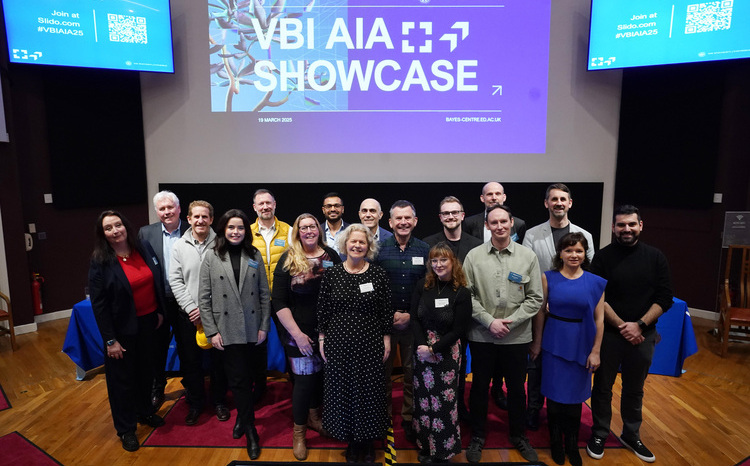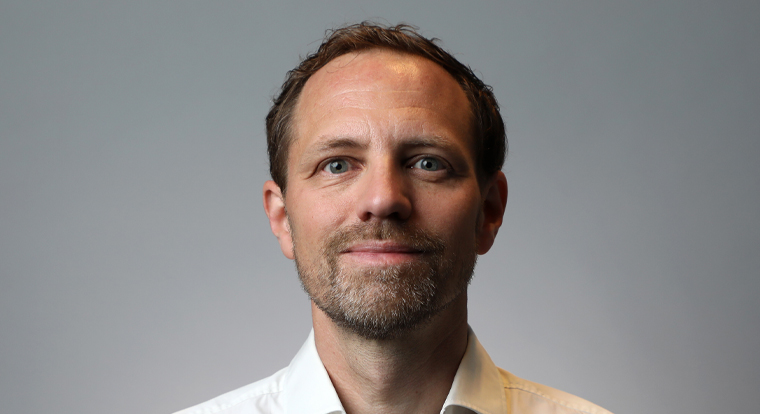Nanotechnology gets big in Portugal
- 23 July 2009
The leaders of Spain and Portugal have opened a joint research centre for nanotechnology that they believe will become one of the world’s leading laboratories.
The centre will carry out research into nanomedicine, environment monitoring, nanoelectrics and molecular manipulation.
The two Iberian countries have invested €98.5m in the centre and are expected to pay annual costs of €30m per year. In the future membership is likely to be open to other countries across the world.
Spanish Prime Minister Jose Luis Rodriguez Zapatero and Portuguese Prime Minister Jose Socrates opened the Iberian Nanotechnology Laboratory (INL) in northern Portugal. The facility will be the first ever nanotechnology lab awarded with the status of an international organisation.
The centre is expected to be fully operational by summer 2010. It aims to recruit 100 PhD students and 200 scientists from around the world including leaders in the field of submolecular research. Forty scientists are already working in the lab and are receiving specialised training.
Nanotechnology is the engineering of functional systems at the molecular scale – the ability to construct items from the bottom up.
During the televised opening of the centre Socrates said: “In the age of discovery, we had a lot of success. With this project, Portugal and Spain will charter a new atlas of innovation and make new discoveries.
“We aim to compete on the frontier of technological development, in one of the most promising and demanding fields of science and knowledge.”
The INL is the result of a joint decision made in November 2005 by the governments of Portugal and Spain at the Portugal-Spain Summit, in Évora. At the summit the two governments commitment to a strong cooperation in ambitious science and technology joint ventures for the future.
King Juan Carlos of Spain and the Portuguese President Anibal Cabaco Silva also attended the inauguration.
King Juan said: “Especially during the serious economic crisis, it is important to assure our institutions and societies that our progress and well being depend on more innovation and education.”
Link
International Iberian Nanotechnology Centre




